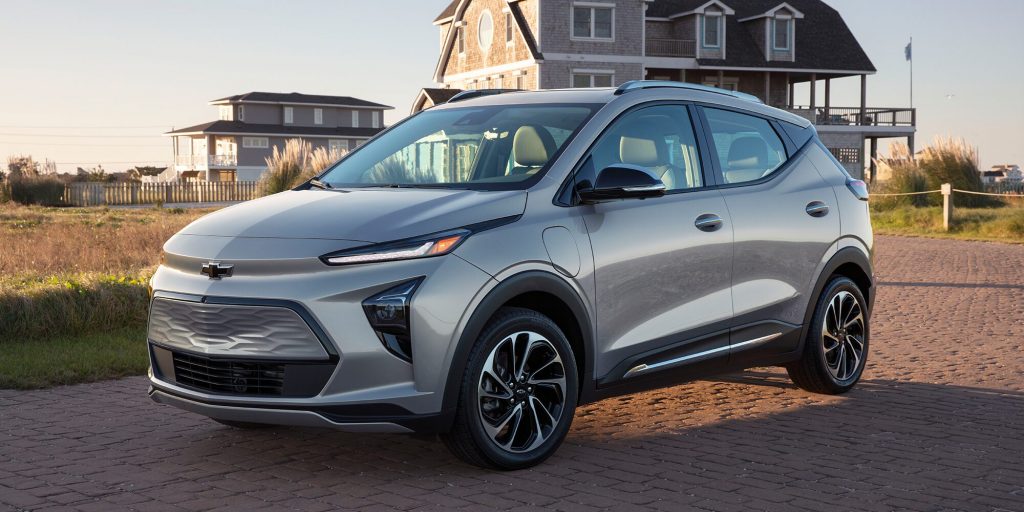The Automobile Protection Association has asked General Motors Canada to stand by the offer it made to owners of the Chevrolet Bolt electric vehicle in 2021. After a few battery fires were reported on the Bolt, General Motors issued two recalls that provided for replacement of the battery packs on 2017 to 2022 Bolt and some Bolt EUV models. The recall repair was a huge undertaking, and the replacement parts were not available for almost a year. The cost to GM and their battery supplier LG Chemical of Korea is estimated at $2 billion dollars.

General Motors promised owners they would receive a new warranty with their brand-new batteries. The 8 year/160,000 km battery warranty would start all over again from the date the new batteries were installed. For the owners of an older 2017 or 2018 Bolt, this amounted to an extra three or more years of warranty coverage, plus the knowledge that they were receiving the latest version of the batteries with a bit more range, equal to more recent models. GM’s offer was perceived by many owners to be a form of compensation for having to park their vehicles outdoors during the wait for repairs and limiting battery charge to 80% of capacity.
In June 2023, General Motors sent a revised recall notice to owners of the 2020-2022 Bolt and Bolt EUV who were still waiting for a recall repair. The automaker announced that a new software update will allow it to distinguish the bad battery packs from the good ones. The recall repair process now has two phases: new software is installed and the original battery pack is restricted to 90% of capacity for the next 10,000 kilometres. If all is OK, the vehicle considers itself repaired, and automatically regains the ability to accept a charge to 100% of capacity. If the software detects a defect, GM will replace the battery pack as originally promised.
Here’s the bad news: General Motors has taken the warranty extension off the table for those who receive only software.
Bolt owners writing to the APA are irate about what appears to them to be shabby treatment by GM. The APA has asked General Motors to reinstate the battery warranty for all owners and offer additional compensation, perhaps a subscription to one of their services or another benefit, to recognize the inconvenience and diminished performance while waiting for the recall repair.
A couple of Bolt owners inquired about paying for new battery packs themselves and suing GM over its broken promise. Given that the retail price of a new battery module is almost $30,000, that’s not realistic. The APA’s position is that unless events prove otherwise, the software upgrade is sufficient, and it will save on the enormous waste of making replacement batteries at a time when the required metals are in short supply worldwide. The APA wants General Motors to step up and restore its original offer to all owners of the recalled Bolt and Bolt EUV models.
